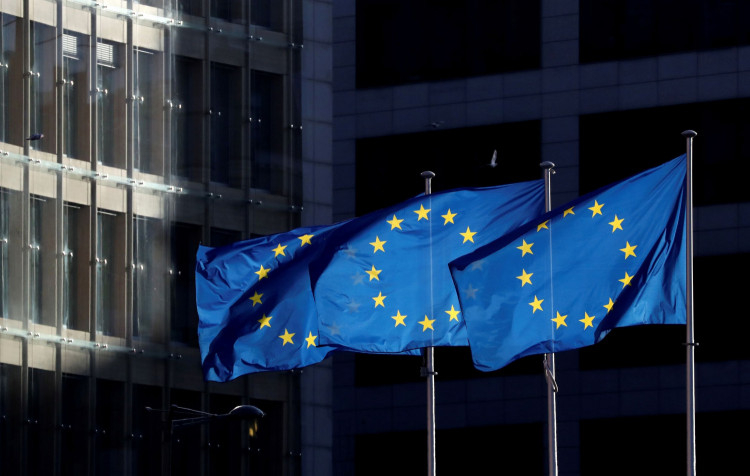Leaders of all 27 member states of the European Union will meet for the first time via video call June 19 to iron out details of the still divisive plan to buy $847 billion (€750 billion) in public markets to counter the serious risks posed to the EU by the raging COVID-19 pandemic.
EU member states have been at odds over the €750 billion stimulus since May when the idea was first floated by the European Commission (EC), the executive arm of the EU. The EC's plan is to distribute the money through $563 billion (€500 billion) in grants and $281 billion (€250 billion) in loans to EU member states and sectors hardest hit by the COVID-19 pandemic. The plan, however, has remained divisive and there is no unanimity as to how much ofthe money raised will be given as grants and how much as loans.
Some member states such as Austria, Denmark and The Netherlands remain reluctant to support the move to buy eurozone government bonds this year. They claim doing so will penalize their taxpayers by forcing them to bail out more reckless EU members such as Italy and Greece. Negotiations to break the impasse are ongoing, however.
It's been revealed EU officials have held long discussions about allocating the new funds in ongoing preparatory meetings ahead of the video call. The €750 billion stimulus package is part of the EU's Pandemic Emergency Purchase Program (PEPP), which will see the European Central Bank (ECB) buy government bonds. ECB has also extended the time frame of purchases under PEPP until June 30, 2021.
European Commissioner for Economy Paolo Gentiloni asserts he's "confident" member states will resolve their differences. As proof of his optimism, he said he hasn't seen "any door slamming" but only "serious criticism" from opponents.
He said this situation makes him feel "there is an opening for a discussion." He also pointed out details of the EC's proposal can be adjusted. In the end, however, the package will be adopted.
ECB president Christine Lagarde said purchases will continue to be conducted in a flexible manner over time, over asset classes and among jurisdictions. She said this will allow the ECB to effectively fend-off risks to the smooth transition of monetary policy.
Extending and boosting its asset purchases means ECB can continue running quantitative easing into 2021 at over $113 billion (€100 billion) per month, said Neil Williams, senior economic adviser to investment management firm, Federated Hermes Inc., based in Pennsylvania.
The Governing Council, the main decision-making body of the ECB, will conduct net asset purchases under PEPP until it judges the COVID-19 pandemic is over.






